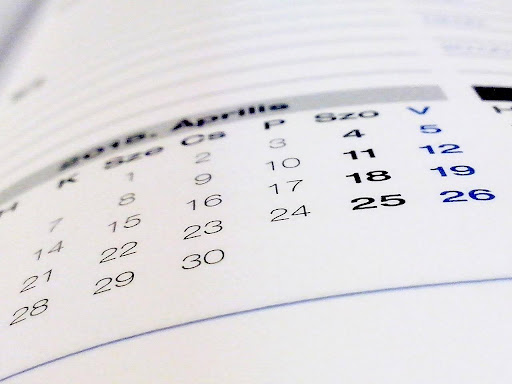
Forex trading is a volatile world, and staying informed about market events is crucial for making informed decisions. One powerful tool that can significantly enhance your trading strategies is the forex calendar.
In this article, we’ll explore what a forex calendar is and how you can leverage it to improve your trading outcomes.
Understanding the Forex Calendar
A forex calendar is a dynamic tool that provides traders with a schedule of important economic events, announcements, and indicators. These events can include interest rate decisions, employment reports, GDP releases, and more.
The calendar usually displays the event’s date, time, currency impact, and the previous and expected values. This information helps traders anticipate market movements and adjust their strategies accordingly.
Each country has its specific calendar. This is why it is important to follow the forex calendars of the currency pairs you are trading or watching.
Key Components of a Forex Calendar
What events and details make a forex calendar a must-have? Here they are:
Event Details
The forex calendar lists upcoming events, allowing traders to plan their activities and be aware of potential market-moving occurrences. Events are often categorised by their level of impact – low, medium, or high. High-impact events tend to have a more significant influence on currency prices.
Time and Date
Knowing the exact time and date of an event is crucial for effective trading. The forex market operates 24 hours a day, and events occurring during specific trading sessions can have varying impacts on different currency pairs.
Previous and Expected Values
The forex calendar displays the previous and expected values of economic indicators. Understanding the historical context and market expectations helps traders assess potential market reactions. Significant deviations from expected values can lead to volatility.
Using the Forex Calendar for Trading Strategies
Event Planning
Utilise the forex calendar to plan your trading activities around high-impact events. This proactive approach allows you to avoid unnecessary risks and capitalise on potential opportunities.
Risk Management
Be aware of events that could increase market volatility. Implement risk management strategies, such as setting stop-loss orders, to protect your capital during unpredictable market conditions.
Analysing Trends
Combine the information from the forex calendar with technical analysis to identify potential trends. For example, if a central bank is expected to announce an interest rate change, analyse the currency pair’s historical price movements to anticipate possible outcomes.
Adjusting Positions
As events unfold, be prepared to adjust your trading positions. Quick decision-making based on real-time information can be the key to maximising profits or minimising losses.
Market Sentiment
Pay attention to market sentiment surrounding economic events. Positive or negative sentiment can influence price movements, and being attuned to this can provide valuable insights.
Conclusion: The Importance of Forex Calendar for Trading Strategies
Incorporating a forex calendar into your trading routine can significantly enhance your decision-making process. By staying informed about key economic events, understanding their potential impact, and adapting your strategies accordingly, you can navigate the dynamic forex market with greater confidence.
Remember, a well-informed trader is a resilient trader, and the forex calendar is a valuable tool on your journey to trading success.
Interesting Related Article: “The Role of an Online Broker in Forex Trading: Choosing the Right One“
